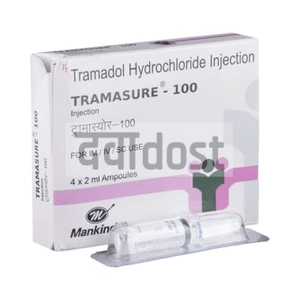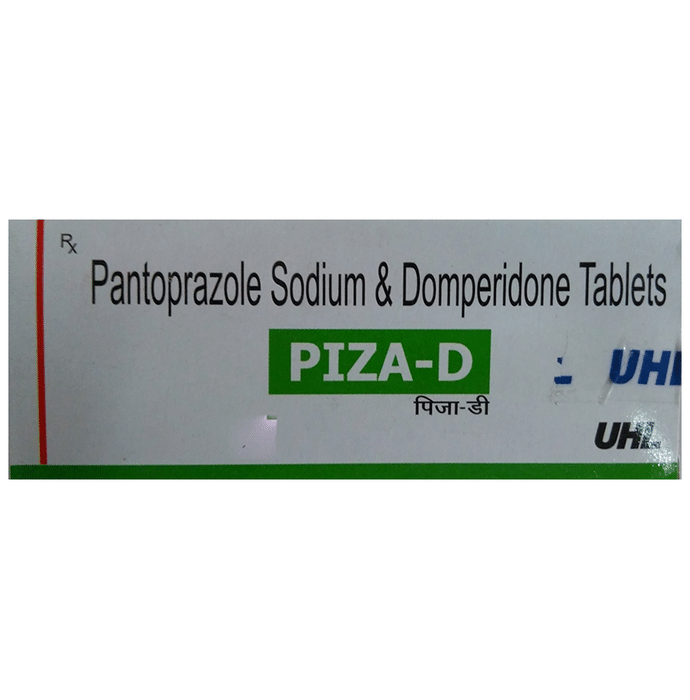meridol
Introduction to Meridol
Meridol is a well-regarded medication primarily recognized for its effectiveness in managing moderate to severe pain. It is commonly prescribed for conditions that require potent pain relief, such as post-surgical pain, chronic pain conditions, and injury-related pain. Meridol is designed to provide quick and sustained relief, making it a preferred choice for both patients and healthcare professionals. Available in various forms, including tablets, injections, and syrups, Meridol offers flexibility in administration to suit different patient needs and preferences.
Composition of Meridol
The active ingredient in Meridol is Tramadol, a synthetic opioid analgesic that works centrally to alleviate pain. It functions by binding to specific receptors in the brain and spinal cord, which are part of the body's pain management system. By inhibiting the reuptake of norepinephrine and serotonin, Tramadol helps modulate the transmission of pain signals, providing effective relief. The 100mg dosage is carefully calibrated to balance efficacy with safety, ensuring optimal pain management.
Uses for Meridol
- Management of moderate to severe pain
- Post-operative pain relief
- Chronic pain conditions such as arthritis
- Acute injury-related pain
Side Effects of Meridol
- Nausea and vomiting
- Dizziness or lightheadedness
- Constipation
- Headache
- Fatigue or drowsiness
Precautions for Meridol
Before using Meridol, it is important to discuss any allergies or pre-existing conditions with your healthcare provider. Patients with a history of substance abuse or certain mental health conditions should exercise caution. It is also important to avoid alcohol and other sedatives while taking Meridol, as they can enhance drowsiness and other side effects. Pregnant or breastfeeding women should consult their doctor before use, as Tramadol can affect the baby.
Specifications
Meridol is available in several forms to cater to different patient needs:
- Tablets: Typically taken orally, providing convenient and controlled dosing.
- Injections: Administered by healthcare professionals for rapid pain relief, often used in hospital settings.
- Syrup: Offers an alternative for patients who have difficulty swallowing tablets, providing a palatable and easy-to-administer option.
Conclusion
Meridol, with its active ingredient Tramadol, is a versatile and effective solution for managing moderate to severe pain. Its availability in tablets, injections, and syrup forms allows for tailored treatment plans to meet individual patient needs. While effective, it is important to use Meridol responsibly and under medical supervision to minimize potential side effects and ensure safe use. Always consult with a healthcare professional to determine the most appropriate form and dosage for your specific condition.
Similar Medicines
More medicines by Unimarck Healthcare Ltd
Available in 2 variations

Meridol 100mg Injection
vial of 2 ml Injection

Meridol 50mg Injection
vial of 1 ml Injection
Disclaimer : This information is not a substitute for medical advice. Consult your healthcare provider before making any changes to your treatment . Do not ignore or delay professional medical advice based on anything you have seen or read on Medwiki.
meridol
Prescription Required
Manufacturer :
Unimarck Healthcare LtdComposition :
tramadol













.svg)
